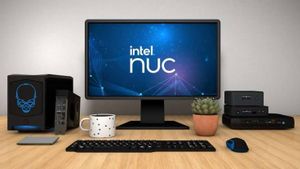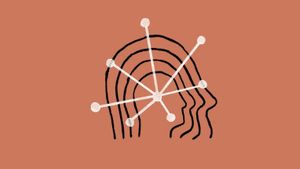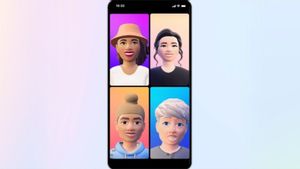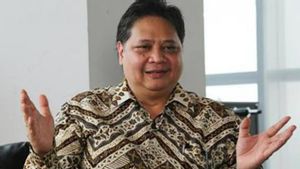JAKARTA - Artificial intelligence (AI) is poised to transform higher education and key industries - and schools are quickly adjusting to keep up with this rapid technological development.
Harvard University is integrating AI into its first classes for computer science students, as reported by The Harvard Crimson. "Machine learning will give students feedback, help improve their code, and even answer frequently asked questions," David Malan, a Harvard professor who led Computer Science 50: An Introduction to Computer Science (CS50), told The Crimson.
Malan told The Crimson in a written statement that using artificial intelligence in introductory courses will help students work at their own pace and style through uninterrupted access to tools and resources.
Artificial intelligence is rapidly becoming an important part of the future of higher education, both in terms of its use for students and its broad applicability across industries. College students have mixed views on using AI in schoolwork, with 51% agreeing in a recent survey by BestColleges that using AI tools like ChatGPT in schoolwork is considered cheating or plagiarism.
另请阅读:
About 43% of college students said in the survey that they had used ChatGPT or a similar AI application. Most college students, 57%, said in the survey that they do not intend to use or continue to use AI to complete their schoolwork.
Students are also largely lacking guidance about AI: 6 in 10 students reported that their instructors or school did not explain how to use AI tools ethically or responsibly.
Malan wrote to The Crimson that existing AI programs, including ChatGPT, can be "too helpful" and that the AI used in CS50 will help students find answers on their own rather than just writing them out for them.
Various colleges, including Stanford University, University of Michigan, Brown University, and a number of other leading public and private institutions, have adopted courses that focus entirely on artificial intelligence.
AI jobs are in high demand as the technology is poised to transform the global economy, although it's unclear what impact AI will have on the workforce.
The McKinsey Global Institute in a recent report suggested that about a third of American workers may need to switch jobs in the next decade, but the World Economic Forum predicts a net increase of 58 million jobs globally thanks to AI.
The English, Chinese, Japanese, Arabic, and French versions are automatically generated by the AI. So there may still be inaccuracies in translating, please always see Indonesian as our main language. (system supported by DigitalSiber.id)


















